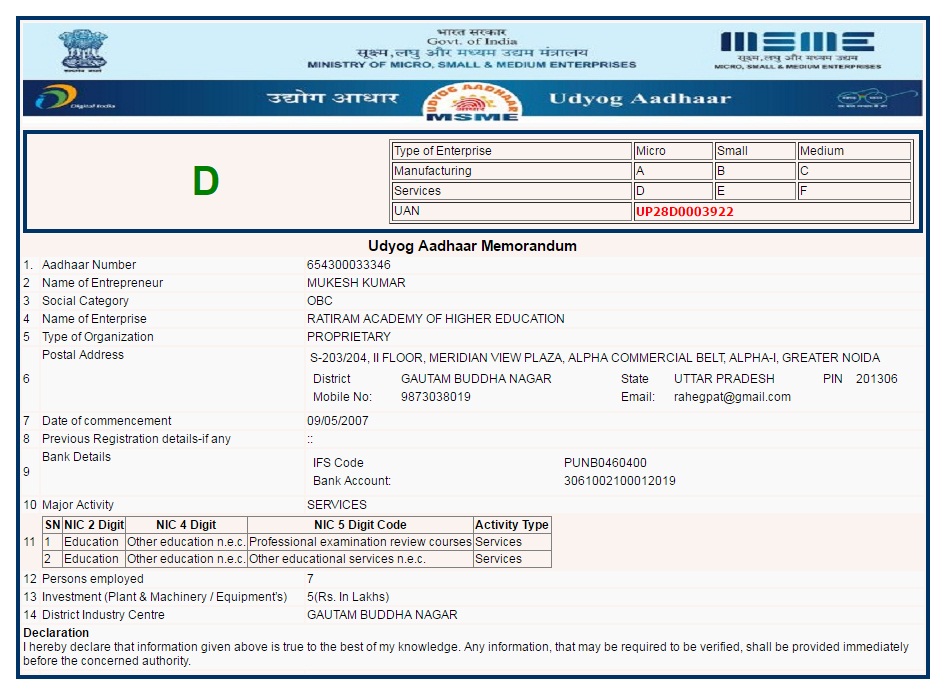
Dostarlimab-IgG Humanized Monoclonal Antibody
It is an IgG humanized monoclonal antibody targeted against the human programmed death receptor-1 (PD-1) used in the treatment of mismatch repair-deficient endometrial cancers and solid tumors, as determined by an FDA-approved test, that have progressed on or following prior treatment and that have no satisfactory alternative treatment options.
Dostarlimab was approved for medical use in the United States (US) and the European Union (EU) in April 2021.
Pharmacological Action: Dostarlimab works by binding to PD-1 to block interactions between PD-1 and PD-L1 or PD-L2. This releases the PD-1 pathway-mediated inhibition of the anti-tumor immune response to kill cancer cells.
In April 2021, dostarlimab was granted accelerated approval by the FDA - as GlaxoSmithKline's dostarlimab-gxly (Jemperli) - for the treatment of adult patients with recurrent or advanced mismatch repair deficient (dMMR) endometrial cancer experiencing disease progression despite treatment with platinum-containing chemotherapy regimens. As this accelerated approval was granted only for the treatment of dMMR endometrial cancers, it was approved alongside a companion diagnostic device - the VENTANA MMR RxDx Panel - for use in selecting appropriate patients for treatment.
Dostarlimab is currently under investigation for the treatment of rectal cancers with mismatch repair deficiency. A prospective phase II study in patients with mismatch repair-deficient locally advanced rectal cancer resulted in all twelve patients exhibiting a complete clinical response.
Current Scenario of Dostarlimab:
In a remarkable achievement, early trials of a drug to treat rectal cancer led to remission in every participant. According to New York Times, in a very small clinical trial, 12 patients took the drug- Dostarlimab for around six months, and in the end, every one of them saw their tumors disappear. The study is published on Sunday (June 5) in the New England Journal of Medicine. The study is backed by drug maker GlaxoSmithkline. This was the first clinical investigation of whether it was also effective against rectal cancer tumors. The early results reported so far suggest it is surprisingly effective, with the research team saying the successful cancer remission seen in every trial patient may be unprecedented for a cancer drug intervention. All of the patients in the study had a rare genetic signature in their tumors, known as mismatch repair deficiency. This means that cells are not as able to repair errors in DNA, a process that can lead to cancer. Eight of the 12 patients described in the New England Journal paper, had Lynch syndrome, a genetic condition that causes mismatch repair and carries a much higher risk of colon cancer. During the trial, it has been revealed that the patients took the drug every three weeks for six months. Notably, the patients were all in similar stages of their cancer.
According to New York Times, the medicine costs nearly $11,000 or ? 8.55 lakh per dose and the treatment cost may reach up to 1.5 crore INR.
Key Observations-
Ø 100% Clinical Response -with no evidence of tumor on MRI, PET, endoscopic evaluation, digital rectal examination, or biopsy.
Ø No Grade 3 or 4 Adverse Events
Ø No patients required Chemotherapy, Radiation or Surgery
Ø No disease recurrence during the follow-up period
Future prospects of Dostarlimab:
Since the MSK rectal cancer drug trial results have been published, it is applauded worldwide. Oncologists and cancer researchers have expressed positive remarks pushing for larger-scale studies to further establish the claims.


